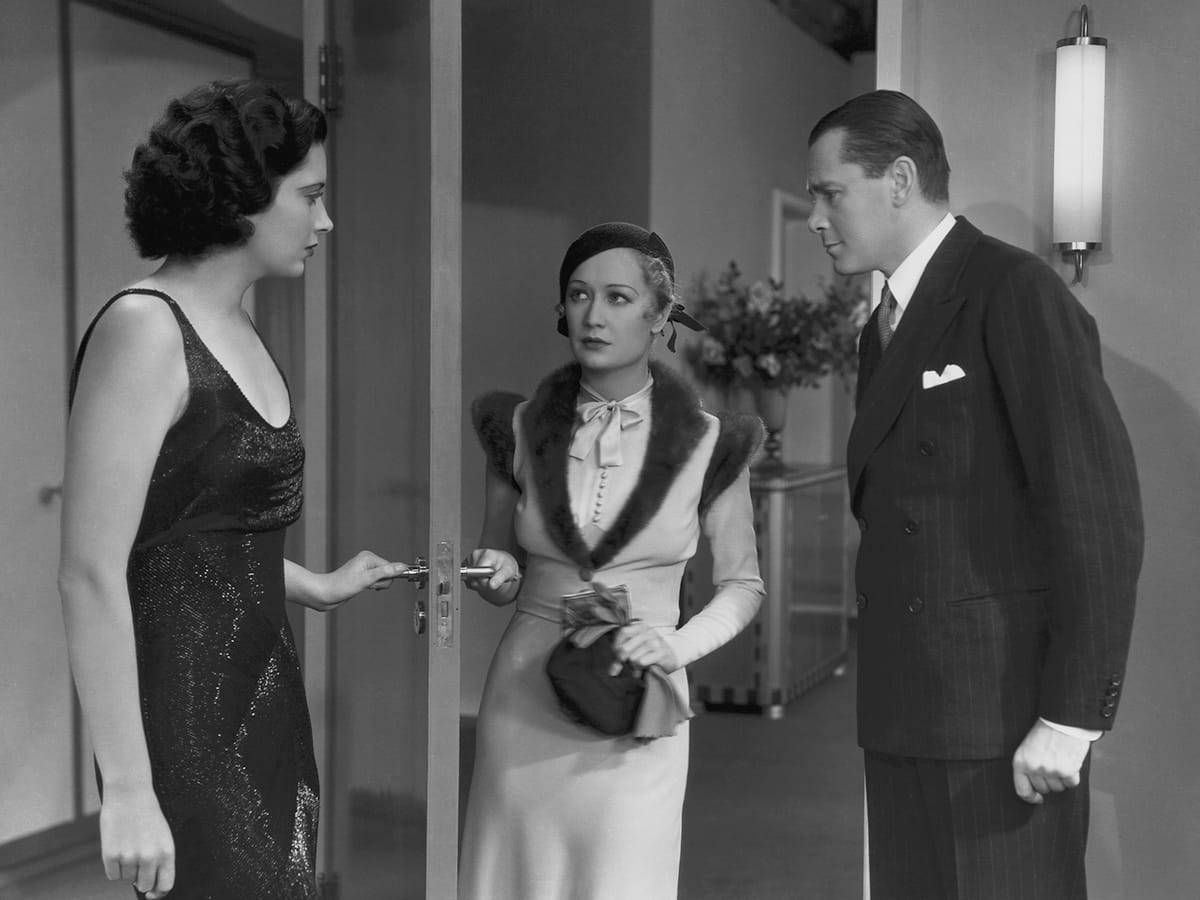 |
Milly Shapiro, Toni Collette, Gabriel Byrne, and Alex Wolff in Hereditary |
Cast: Toni Collette, Gabriel Byrne, Alex Woff, Milly Shapiro, Ann Dowd, Mallory Bechtel. Screenplay: Ari Aster. Cinematography: Pawel Pogorzelski. Production design: Grace Yun. Film editing: Lucian Johnston, Jennifer Lame. Music: Colin Stetson.
There are films that leave a depressive miasma with me for days. I'm thinking particularly of George Sluizer's The Vanishing (1988, not the 1993 American remake) and Michael Haneke's Funny Games (1997, not the 2007 American remake). For a time, I thought Ari Aster's Hereditary was going to have the same effect on me, and it might have, if it hadn't devolved into a mere gory supernatural thriller with an overcomplicated backstory. It begins extraordinarily and creepily well, with a pan through the miniatures created by Annie (Toni Collette) in which one of them turns into the actual room where her son, Peter (Alex Wolff), is oversleeping on the day of his grandmother's funeral. A menacing gloom remains in the film as the family, including father Steve (Gabriel Byrne) and daughter Charlie (Milly Shapiro), goes to the funeral and returns home. Even when we come home, there's a sense that something is off about the family and their obvious mixed feelings about the deceased. Ari Aster, in his feature film debut, skillfully handles the atmosphere in the somewhat sinister old house (aided by Pawel Pogorzelski's dark but not too dark cinematography and Colin Stetson's ominous score). Aster manages to gradually introduce the exposition about what's eating at Annie and her family. The performances are marvelous, especially Shapiro's obviously but enigmatically disturbed 13-year-old Charlie. I was with Aster's film all the way through the appalling accident that turns the story in a new direction. Then Ann Dowd, a fine actress whose career seems to have become defined by her performance as Aunt Lydia in The Handmaid's Tale, shows up to reveal the movie's indebtedness to The Exorcist (William Friedkin, 1973) and Rosemary's Baby (Roman Polanski, 1968). Unfortunately, Aster's film has neither the coherence of the former nor the wit of the latter. In the end, it has to be remembered for Collette's performance, which should have had an Oscar nomination, not just for Annie's distraught moments but also the one at the film's climax when her face turns from horror to a kind of pleased amazement.








